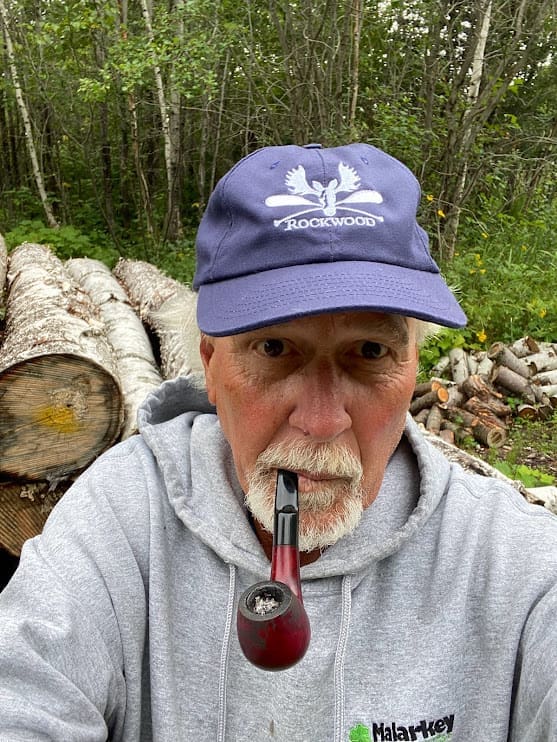I mainly listen to Minnesota Public Radio (MPR) when driving. It’s not talk radio in the popular sense of one-sided agitators screaming a rant as if the city, state, and nation are inflamed with evil doers. I prefer calmer voices.
Over the past few weeks, I’ve been behind the wheel more than usual, and MPR was alive with reporting on the issue of press freedom. And well it should be.
Television networks are making significant cash and collateral settlements of lawsuits filed by the President of the United States and his minions. Now, even the Murdoch-owned Wall Street Journal has been served by Trump’s lawyers for libel and slander.
Press freedom, another form of your liberty, is constantly under threat. And that’s why the press, the big boys, and the little ones like me, will always be sounding off.
Real people these days hear ‘threats to press freedom’ and think it’s nothing to worry about. It’s a concept for journalists, politicians, and comedians, and it doesn’t affect them or their daily lives.
Anchored in the First Amendment to our Constitution, a 1964 Supreme Court case, New York Times Co. v. Sullivan, established the “actual malice” standard for defamation suits brought by public officials against media outlets. The Court of Supremes ruling stressed the importance of open and robust debate about public issues and the role of the press in facilitating that debate.
I never paid much mind to press freedom until I became a newspaper publisher in 1996. More than once, I had the lawyer for the Minnesota Newspaper Association review a story or editorial to avoid a lawsuit. Most times, he’d say things like, “It’s tough. Many will think it unfair. You may take a lot of heat. But it’s not illegal.” That “not illegal” cinched it for me, we published, took the flak, and lived to fight another day.
Early in my publishing days, a former publisher of the same newspaper dropped in. He thought my editorials leaned too heavily on the Minnesota Nice writing philosophy of “on the one hand, and on the other.” He bluntly said, “Take a stand, dammit.”
He said people wanted to know what I believed, not what I thought others believed. Not wanting to alienate subscribers or advertisers, I tended to present all sides of an issue. Who doesn’t want to be liked by everyone?
So, after some soul searching, I took the old man’s advice and began writing what I believed to be true–often fearfully but always definitely. Yes, I pissed off some people–sometimes many people. But I saw more new subscriptions and renewals. And I learned the real value of free speech.
Much of the ballyhoo about censorship today centers on the national press. The Associated Press closed out of press events. ABC and CBS networks paid settlements of millions of dollars to curry favor with the administration and angry members of Congress. The Wall Street Journal, a conservative newspaper of international circulation, is sued by the current President for slander and libel over a story reporting on Trump’s connection with Jeffrey Epstein.
Recently, CBS did the unthinkable: it canceled the Steve Colbert late-night show, citing financial concerns. While that may be the case, a significant number of people are convinced it had more to do with currying government favor. Never a fan of Colbert, I’m among those who believe the latter.
The big stories miss the ongoing censorship of local media. In my turn at the helm of a local weekly, I was fortunate to have enough financial resources and a “screw you” attitude. This attitude, which was essentially a refusal to bow to pressure or censorship, allowed me to resist heavy pressure from some groups that canceled ads. I had zero respect for the local poobahs who threatened or cajoled me to bury stories that put them in a negative light.
Most local news sources don’t have the resources or the guts to report facts without fear or favor. Thankfully, some still do. It’s about making sure everyone gets a say, not just the loudest mouths and fattest wallets.
Imagine a town where no one’s watching. No one reporting on the shaky deals, the bad decisions, the quiet corruption. That’s a community ripe for trouble. Local media, like the ones in your town, play a crucial role in keeping such issues in check. They’re the ones who speak truth to power, even if that power is just some guy running a county department.
Next time you hear about ‘press freedom,’ think about your local news sources. Think about what they do, day in and day out, to keep you informed. Help them get to the facts. Support them with your attention, even when they piss you off. By supporting them, you support the health of your community.




